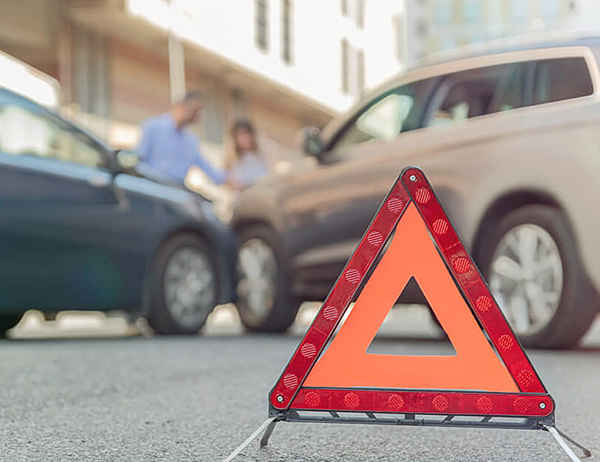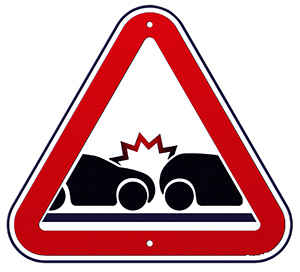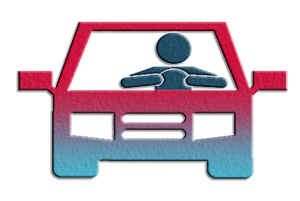What happens if you don’t call the police after a minor car accident?
In the aftermath of a minor car accident, the decision whether to involve law enforcement can be pivotal. While laws vary by state, it’s crucial to understand the potential consequences of not calling the police after such an incident.

Legal and Practical Considerations:
Legal Requirements
- Reporting Thresholds:
Many states have laws mandating the reporting of accidents that result in injury, death, or significant property damage (often over a certain dollar amount).
- Hit-and-Run:
If the other party flees the scene or refuses to exchange information, it may escalate to a hit-and-run offense, necessitating police involvement.
Insurance Implications
- Documentation:
Insurance companies often require a police report to process claims effectively.
- Disputed Liability:
Without a police report, determining fault and liability becomes more challenging, potentially affecting insurance payouts.
Personal Safety
- Unforeseen Injuries:
Even seemingly minor accidents can lead to delayed injuries (like whiplash), which may not be immediately apparent. A police report can provide documentation if injuries manifest later.
Examples and Scenarios

Example 1: Minor Fender Bender
Imagine you’re in a parking lot and someone bumps into your car, causing a small dent. Both parties agree it’s minor and exchange information without involving the police. Later, you notice the damage is more extensive than initially thought. Without a police report, proving the accident’s cause and pursuing a claim could be challenging.
Example 2: No Visible Damage
You’re rear-ended at a stop sign, but neither vehicle appears damaged. The other driver apologizes, and you both decide not to call the police. However, a week later, you experience neck pain and visit a doctor who diagnoses whiplash. A police report would have been crucial to link your injury to the accident for insurance purposes.
Interesting Facts


Statistical Impact:
The Insurance Information Institute reports that approximately 6.7 million car accidents are reported to the police each year in the United States.
Insurance Claims:
Insurance companies often use police reports to verify the facts of an accident, aiding in fair claims processing.
Legal Documentation:
In some states, failure to report accidents meeting certain criteria can result in fines or penalties.
While calling the police after a minor car accident may seem excessive in some cases, it can provide crucial documentation and legal protection. It helps in ensuring that all parties involved have a clear record of the incident, which can be invaluable for insurance claims and resolving disputes.
Understanding your state’s specific requirements and consulting with your insurance provider can clarify the best course of action after any car accident, no matter how minor it may appear initially.












